| Department of Counselling and Psychology Course Outline | |
| Course Title | Addiction Counselling |
| Course Code | COUN380 |
| Number of Credits | 3 |
| Duration of Weeks | 15 |
| Contact Hours Per Week | 2 hours Lecture; 1 hour Tutorial |
|
Pre-requisite Course(s)
|
COUN210 Microskills in Counselling and Psychotherapy
PSY110 Biological Bases of Behaviour
|
|
Course Aims
|
This course is an introduction to the basic principles and knowledge of counselling for addictive behaviours. Various perspectives on the phenomenon of addiction (e.g., biochemical, behavioural, existential, etc) will be explored. Students will obtain an overview of a broad spectrum of addictive behaviours including but not restricted to substance abuse. A variety of approaches to supporting and treating persons working to overcome or reduce addictive behaviour will be covered. Issues regarding aetiology, treatment, and prevention of several types of addictive behaviour will be addressed.
|
| For Reference Only © 2025 Department of Counselling & Psychology, Hong Kong Shue Yan University |
|


